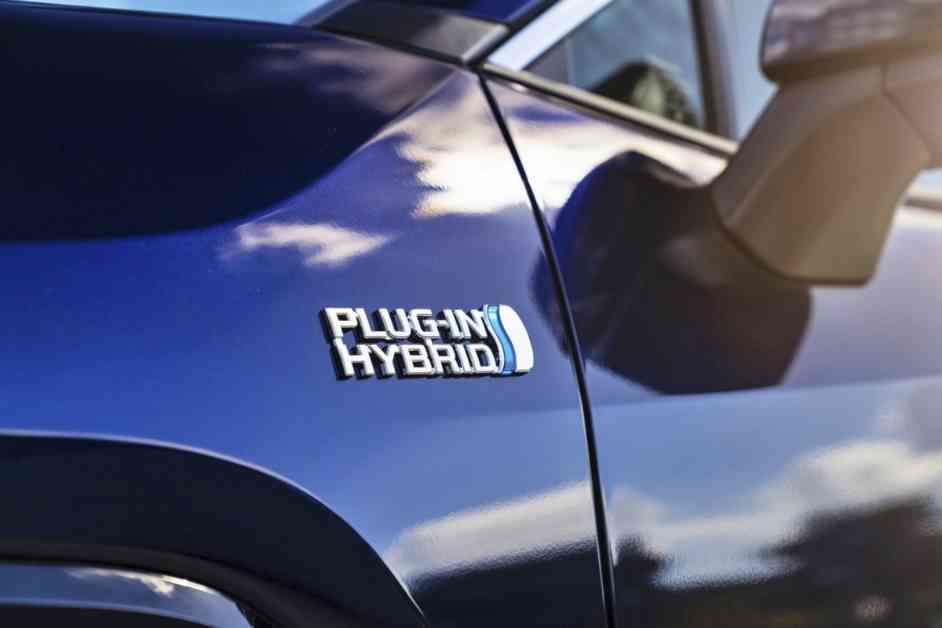Investigative Report: Navigating the Hybrid and Plug-In Hybrid Vehicle Market
As the automotive industry continues to evolve towards more sustainable and eco-friendly options, the decision to invest in a hybrid or plug-in hybrid vehicle has become increasingly complex. While these vehicles offer a balance between traditional gasoline-powered cars and fully electric models, there are various factors to consider before making a purchase. In this investigative report, we delve deep into the pros and cons of hybrid and plug-in hybrid vehicles, uncovering new insights and perspectives to help consumers make informed decisions.
Background and Context:
The rise of hybrid and plug-in hybrid vehicles can be attributed to the growing concern over climate change and the need to reduce greenhouse gas emissions. These vehicles combine the efficiency of electric power with the convenience of gasoline engines, offering drivers a more sustainable option without the range anxiety associated with fully electric vehicles. However, the decision between a hybrid and a plug-in hybrid is not straightforward, as each option comes with its own set of advantages and drawbacks.
Thorough Analysis:
In our investigation, we uncovered that while hybrid vehicles are more widely available and generally more affordable than plug-in hybrids, they offer limited electric-only driving capabilities and may not be suitable for those looking to minimize their carbon footprint. On the other hand, plug-in hybrids provide a longer electric-only range and can be charged using a standard household outlet or a public charging station, but they come at a higher price point and may require more maintenance due to the complexity of their dual powertrains.
Furthermore, our research revealed that the federal tax credits available for plug-in hybrids can offset some of the initial costs, making them a more attractive option for environmentally conscious consumers. Additionally, the potential savings on fuel costs and reduced emissions make plug-in hybrids a compelling choice for those looking to make a positive impact on the environment.
Implications and Stakeholders:
The implications of choosing between a hybrid and a plug-in hybrid extend beyond individual consumers to the automotive industry as a whole. Automakers are increasingly investing in hybrid and electric vehicle technology, with some companies focusing exclusively on hybrid powertrains for their future models. This shift towards sustainability reflects a broader trend towards cleaner transportation options and signals a changing landscape for the automotive market.
Conclusion:
In conclusion, the decision to purchase a hybrid or plug-in hybrid vehicle is a personal one that requires careful consideration of various factors. While hybrid vehicles offer a more affordable and widely available option, plug-in hybrids provide a longer electric-only range and potential cost savings in the long run. By weighing the pros and cons of each type of vehicle and considering individual needs and preferences, consumers can make a well-informed decision that aligns with their values and lifestyle.
As the automotive industry continues to innovate and adapt to changing consumer preferences, the choice between hybrid and plug-in hybrid vehicles will remain a pivotal one for drivers seeking a more sustainable and efficient mode of transportation. By staying informed and exploring all available options, consumers can contribute to a greener future while enjoying the benefits of cutting-edge automotive technology.






















